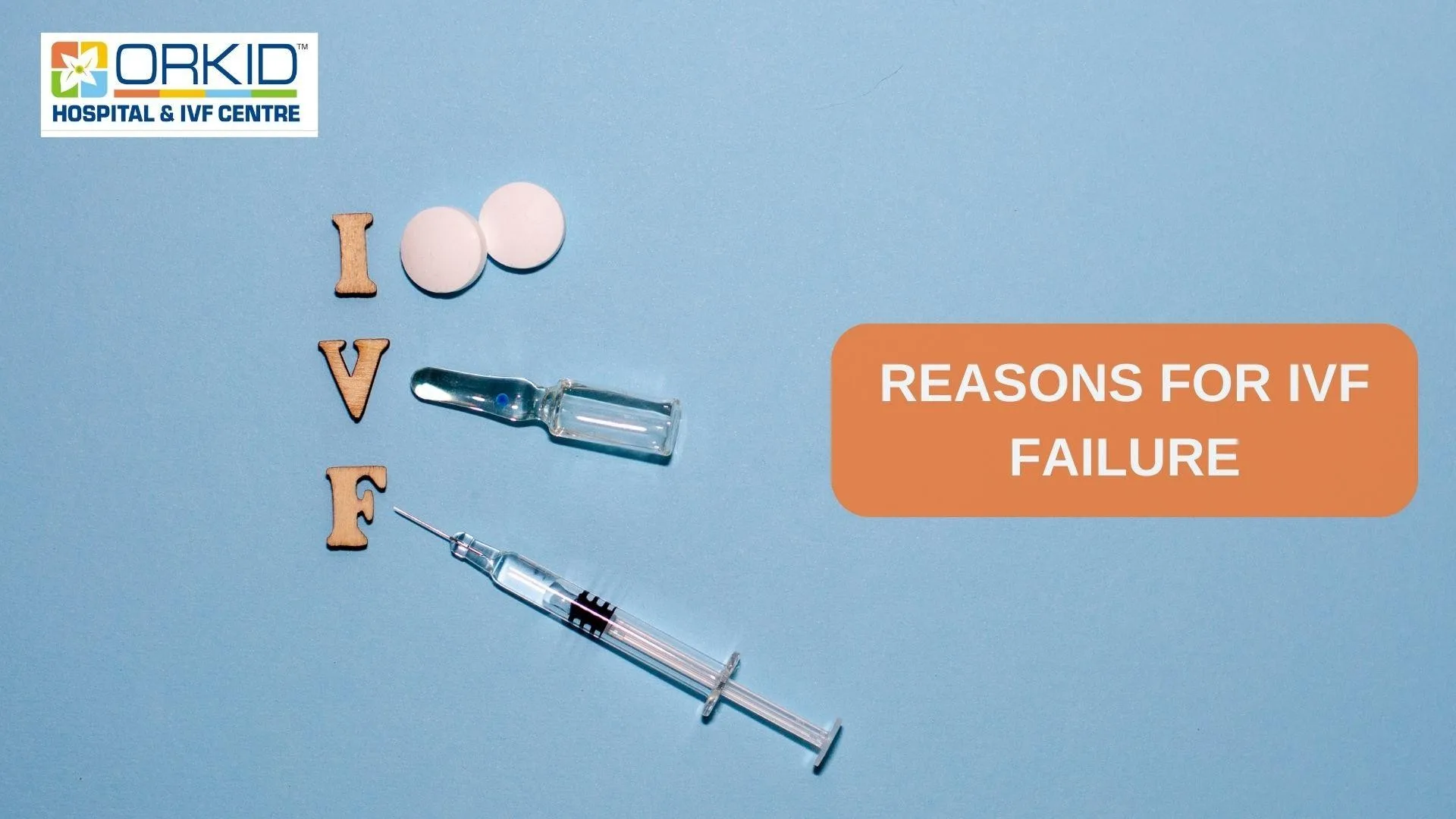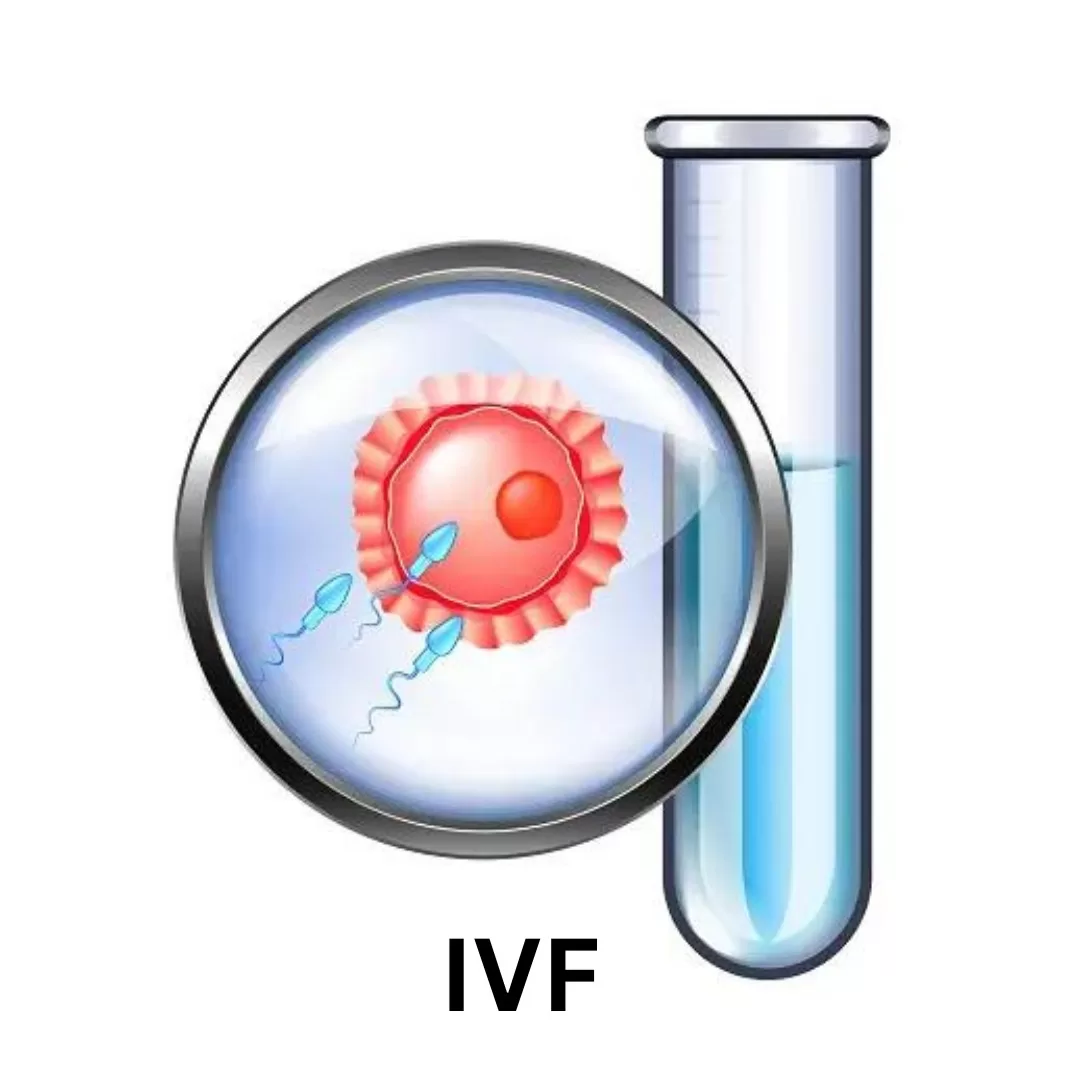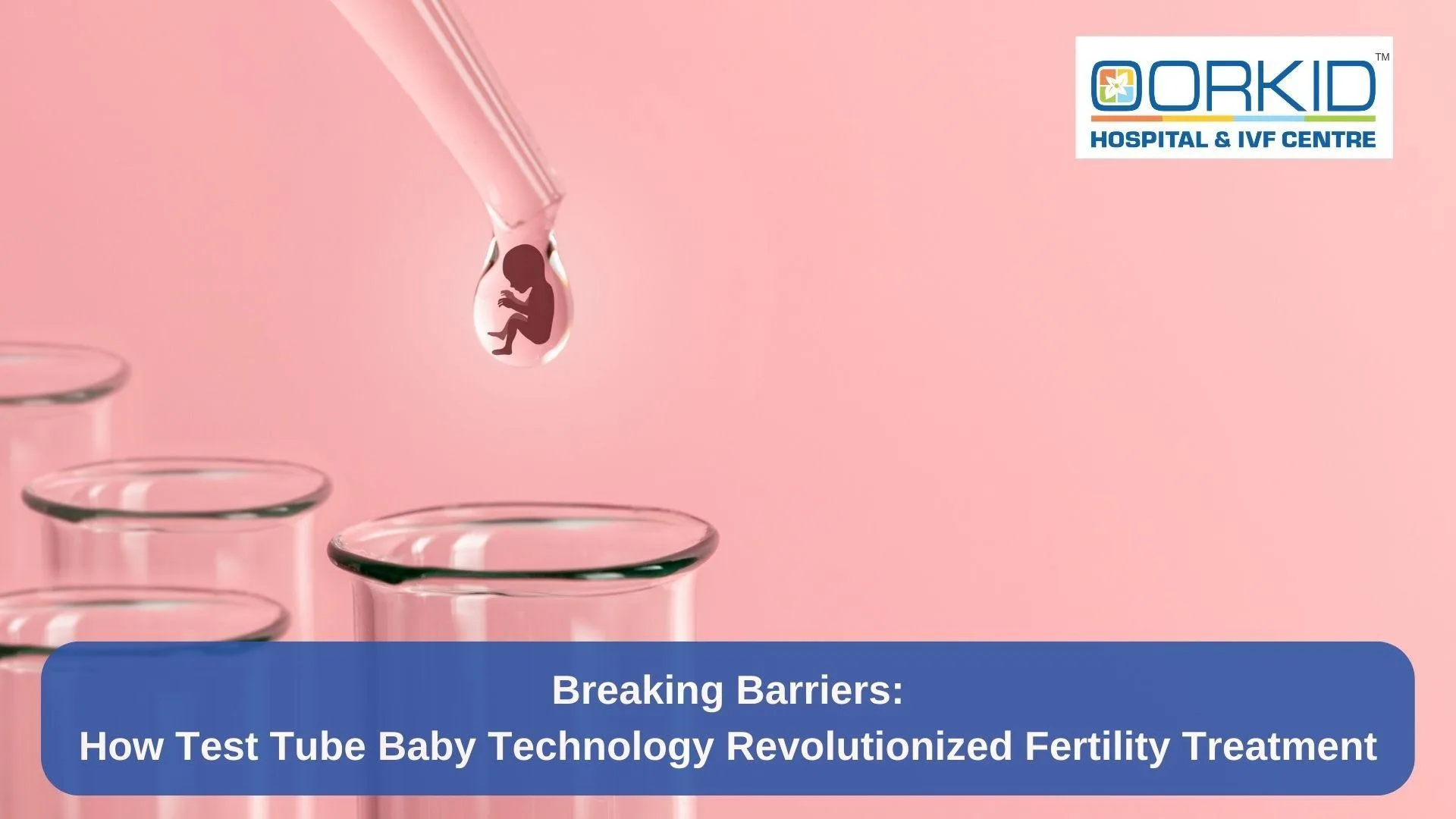PRIMARY AMENORRHEA DUE TO A RARE CONDITION CALLED MRKH SYNDROME
Girls with MRKH have normal external female genitalia with a markedly shortened vagina. In some cases, uterine remnants are present with or without endometrium. All patients with MRKH have normally functioning ovaries, although they are sometimes found in atypical locations. MRKH is not uncommon & has an incidence of approximately one in 4000-5000 female births. It is typically diagnosed during adolescence, during workup and evaluation for primary amenorrhea which is defined as absence of menses at the age of 15 regardless of secondary sexual characteristics.
There are two types of MRKH,
Type1 MRKH – Isolated Mullerian agenesis
Type2 MRKH – Mullerian agenesis with another associated congenital anomaly
Evaluation of primary amenorrhea
When menstruation has not occurred by:
• By age 15
• 3 years after thelarche
• By age 13 & lack of breast development
• By age 14 with signs of hirsutism
• By age 14 with h/o painful intercourse or examination suggesting short vagina.
History:
⁃ CNS symptoms
⁃ Pubertal development
⁃ Obstructive symptoms
⁃ Symptoms of Hyperandrogenism
⁃ Stress, diet or exercise changed
⁃ Medication
Physical examination:
⁃ Growth curves
⁃ Tanner stages
⁃ External genital exam
⁃ Skin for hirsutism, acne or/& striae
⁃ Turner stigmata
Pelvic ultrasound
Laboratory investigations:
⁃ UPT (urine pregnancy test)
⁃ FSH, E2, TSH
⁃ Serum Testosterone
⁃ Karyotyping
Genital Examination
• External inspection
• Labial traction
• Lubricated Q-tip to evaluate depth (if tolerated by the patient)
• No speculum (with suspected vaginal agenesis)
Differential Diagnosis for a patient with primary amenorrhea & a shortened vagina
1. Obstructing vaginal or uterine anomalies
2. Imperforated hymen
3. Transverse vaginal septum
4. Distal vaginal agenesis
5. Complete androgen insensitivity syndrome (i.e difference of sex development)
MRKH Evaluation:
1. Examination, Imagining, Labs
2. Renal ultrasound
3. Spinal x-ray
Q. When to refer to a pediatrician & Adolescent Gynaecologist?
• Psychosocial support and counseling
• Management of uterine remnants
• Vaginal creation
• Fertility counseling











